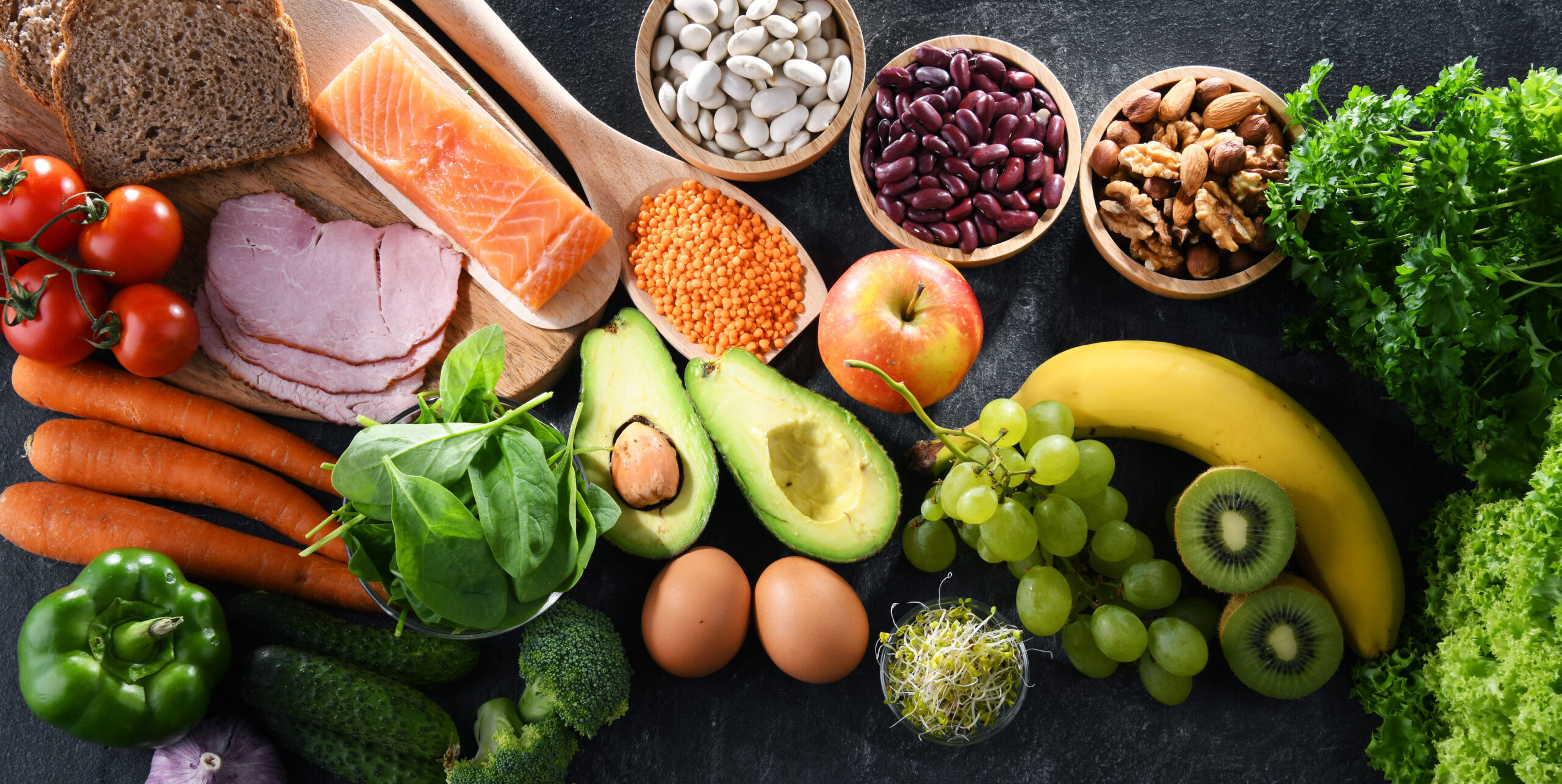March may indeed be coming in like a lion with severe weather in many regions leading to cancelled flights, hazardous driving conditions and disrupted power from downed trees and electric lines. For older adults, inclement weather may also mean their usual trips to the grocery store, or visits from friends and family are delayed, leaving them with fewer healthy meal options. As pandemic-era assistance programs wind down, many seniors who relied on the extra help with soaring food costs will be feeling the pinch.
A nutritious diet that focuses on fresh fruits, vegetables, whole grains, low-fat dairy, lean protein and healthy oils is the cornerstone of a healthy lifestyle, helping to prevent chronic illness and support an active older age. But many seniors may have difficulty accessing and affording foods that will provide the nutrition older bodies need to stay healthy and strong. In many states, a looming food cliff is expected to put many seniors at risk with historic food inflation, and a decrease in food benefits. Emergency systems don’t always have the foods available for older adults who may have medical restrictions on the meals they are able to eat.
Soaring food, housing, and heating costs have hit seniors hard in recent years, and many older adults also face mobility issues that make it more difficult to secure healthy meals. In Canada, food banks have been strained under high demand that rose to 1.5 million visits in March 2022, up 35 percent compared with pre-pandemic visits in 2019. Seniors on fixed incomes are among the most affected populations facing food insecurity.
While work continues to address hunger and poverty across North America, those who can help may contribute to local food banks where volunteers help bring food, friendship and hope to people in need. Contact your local food bank for a list of their most-needed items.
Sought-after Food Bank Items:
- Whole grain cereals
- Pasta (canned or dry) and pasta sauces
- Dairy (fresh, shelf-stable, and powdered milk)
- Canned goods (beans, soups, and stews)
- Meat alternatives (peanut butter, soy, assorted nuts)
- Canned or frozen meats and fish
- Infant foods and baby formula
- Canned vegetables and fruit
- Bathroom tissue and diapers
- Personal hygiene products
Source: Food Banks Canada






Add Your Voice
0 Comments
Join the Discussion